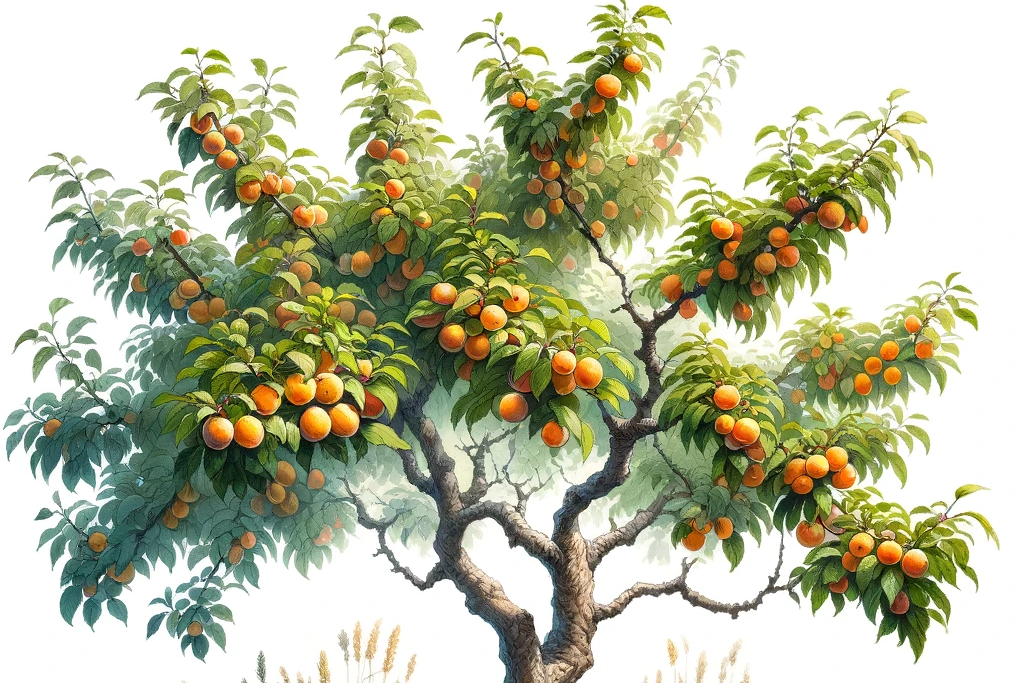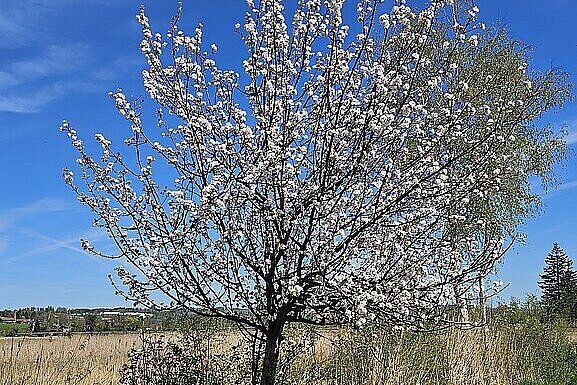Pear tree

Introduction to the pear tree
The pear tree (Pyrus communis) is a widespread fruit tree known for its sweet and juicy fruit. In addition to its role in fruit production, the pear tree also plays an important ecological role by providing habitat and food for various animal species. But what about our domestic dogs? Is the pear tree as friendly to them as it is to us humans?
Components of the pear tree
To answer this question, it is important to look at the different components of the pear tree:
- The fruit: pears are known for their high vitamin, mineral and fiber content, making them a healthy addition to the human diet. Ripe pear fruit is also safe for dogs in moderation and can even be a source of vitamins and hydration.
- The leaves and branches: While the leaves and branches of the pear tree are not toxic, they are also not intended for consumption by dogs. Large amounts can cause gastrointestinal distress, especially if they are pointed and hard, posing a risk of injury to the digestive tract.
- The seeds: Similar to other pome fruits, pear seeds contain amygdalin, a substance that can be converted to cyanide in the body. Although the amount in the seeds of individual pears is relatively small, they can be toxic to dogs if consumed in large quantities.
The safety of the pear tree for dogs
In principle, the pear tree is not considered poisonous to dogs. The fruit can be a tasty and healthy treat in small quantities as long as the seeds are removed. However, it is important to monitor and limit the intake of leaves, branches and especially seeds to avoid potential health risks.
The pear tree can be an asset to dogs in the garden, providing shade and the occasional healthy treat in the form of its fruit. The key question of safety can be answered with a reassuring no to toxicity, but with the important reminder that caution and moderate consumption are the key words. As with every aspect of dog care and nutrition, it is crucial to keep a watchful eye on what our dogs eat and ensure that they can safely benefit from the many delights that nature has to offer. The pear tree is therefore symbolic of the balance between enjoying nature and the responsible care we should take of our four-legged companions.
Properties 5
Are you looking for other ingredients with a specific property?
Just click on them to find more.
If you notice any signs of hypersensitivity or poisoning in your dog, you should see your vet immediately. We are not a substitute for a vet, but we try to be as accurate as possible. Every dog reacts differently and we recommend you get a second opinion or consult your vet if in doubt.
Stay healthy and take good care of your four-legged friend!😊
Similar to Pear tree
The apricot tree (Prunus armeniaca) is a fruit tree from the Rosaceae family that is known for its edible fruit. The apricot, the fruit of the tree, is rich in vitamins, minerals and fiber. While...
The cherry tree, known for its sweet or sour fruit, belongs to the rose family (Rosaceae). It is not only popular for its fruit, but also for its impressive blossom, which marks the beginning of...
Before we dive into how dogs can tolerate almonds, it's important to understand the botanical basics. The almond tree(Prunus dulcis) is a member of the rose family (Rosaceae), which also includes...
Let's start with the most obvious part: the peach fruit. The flesh of the peach is generally safe for dogs in moderation. It is rich in vitamins and can be a healthy addition to the diet. However,...



